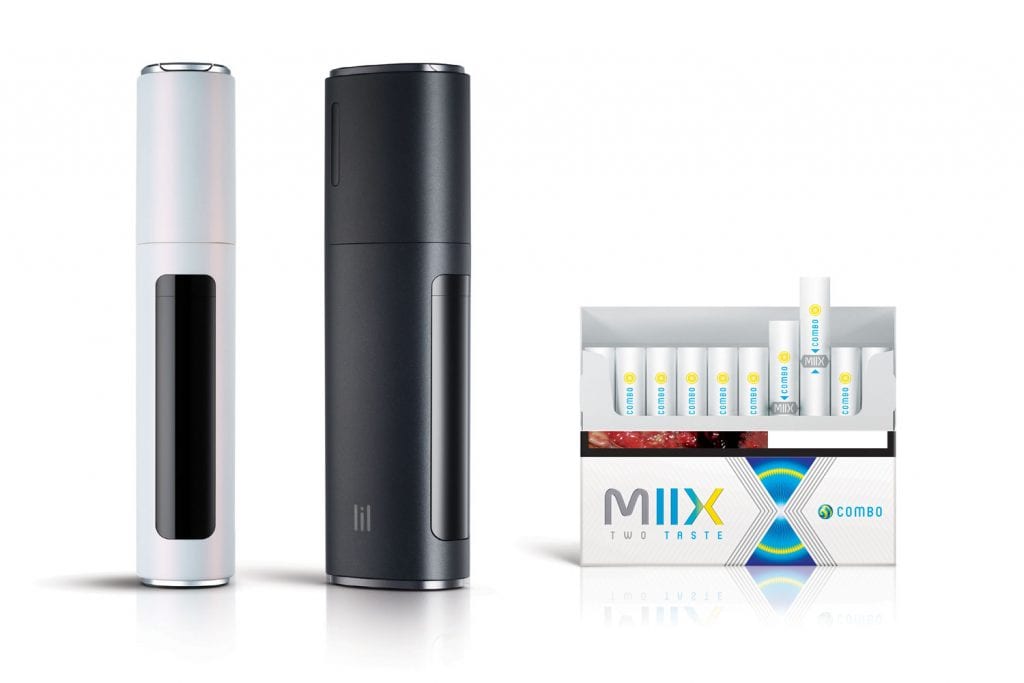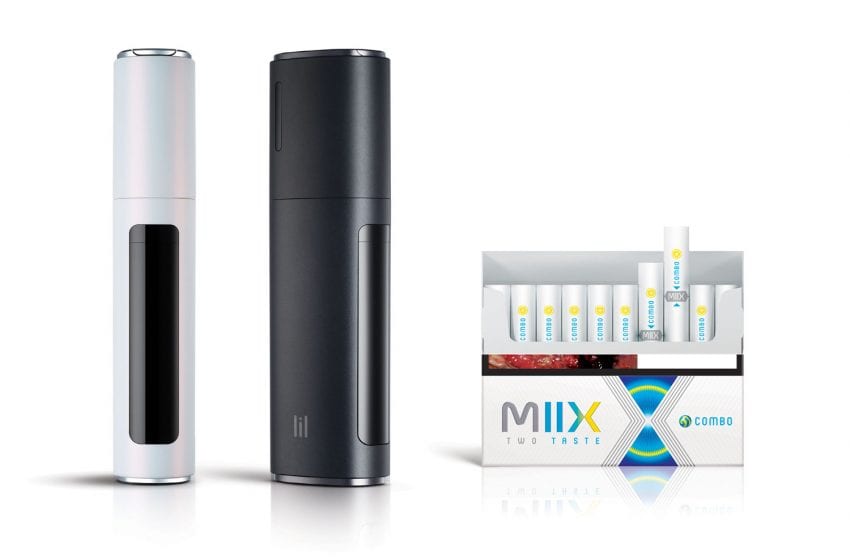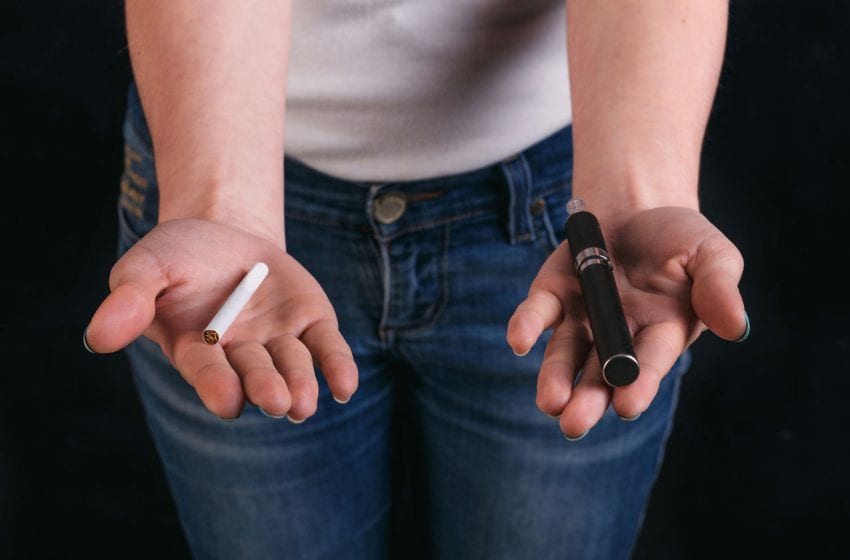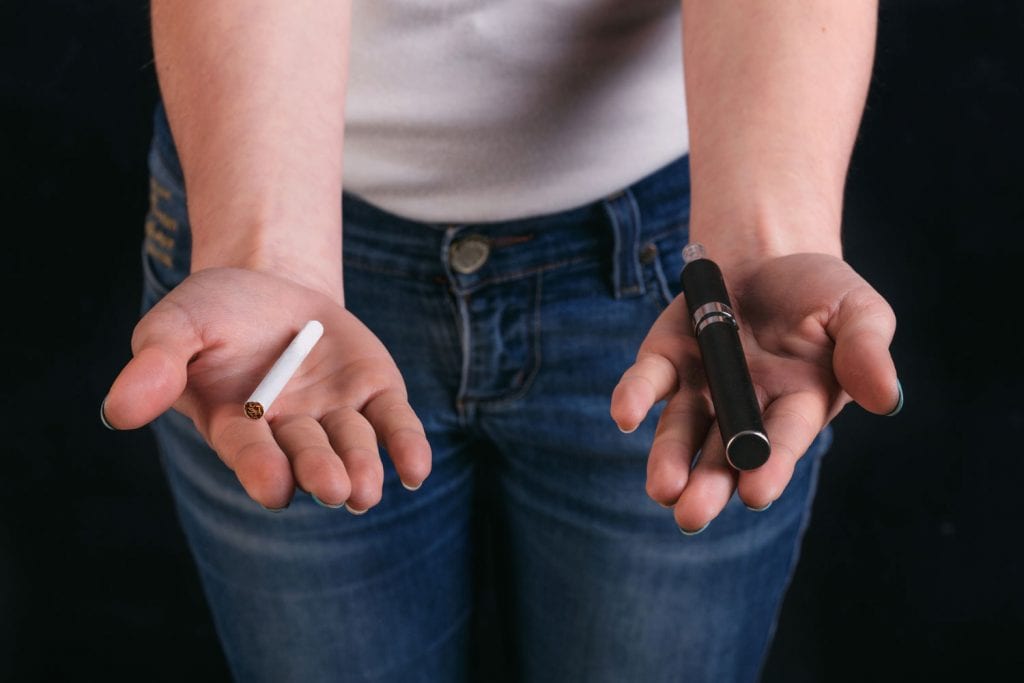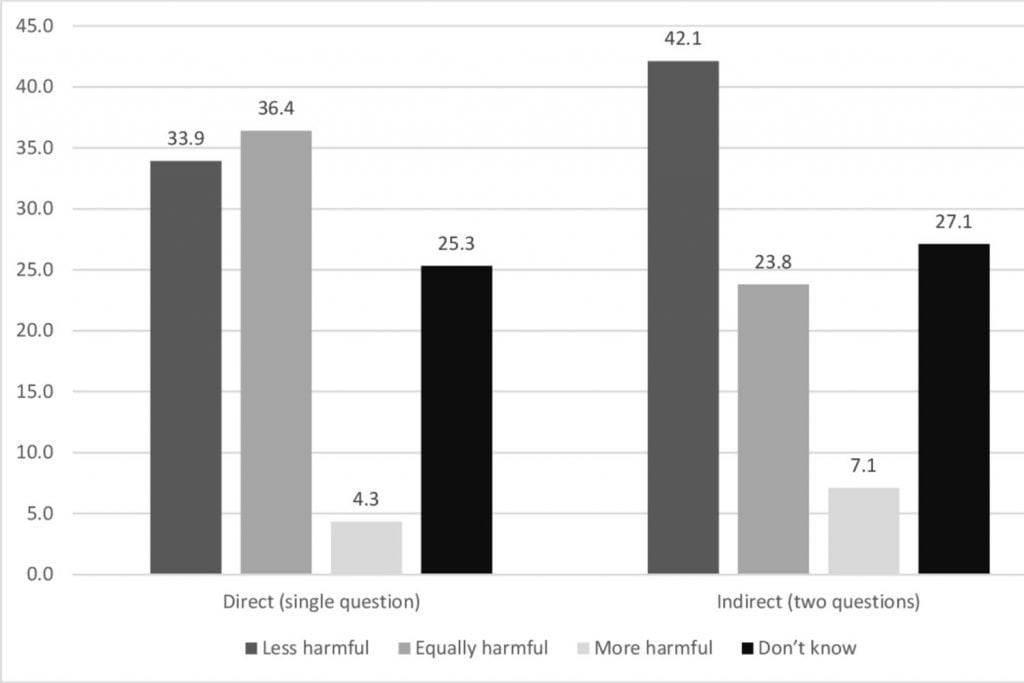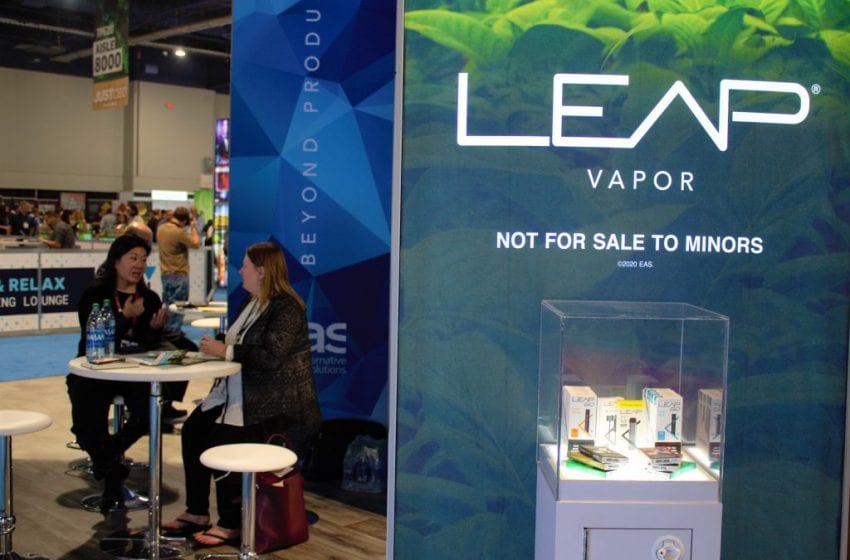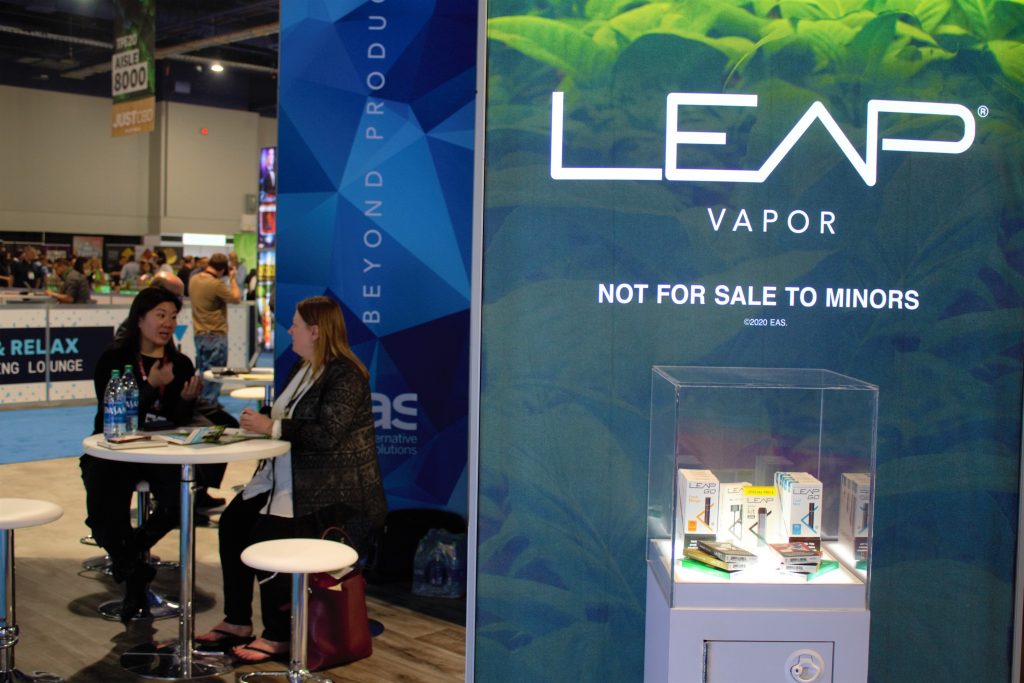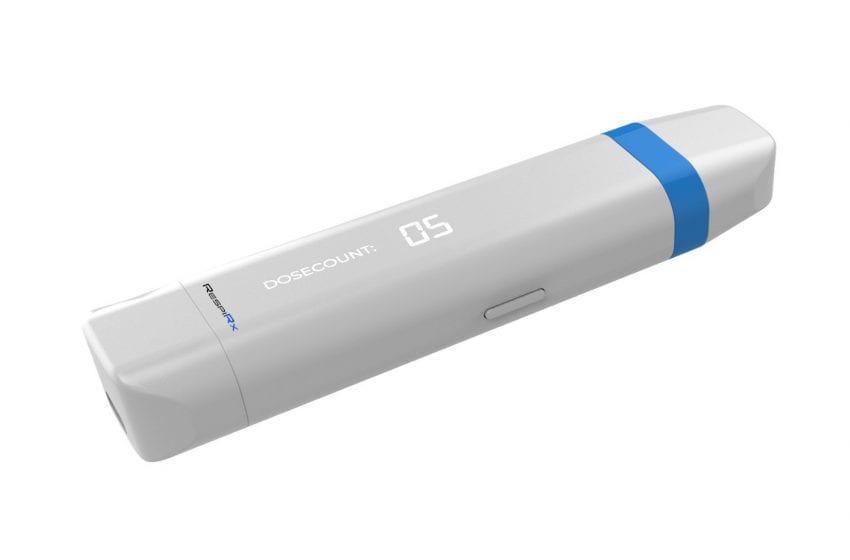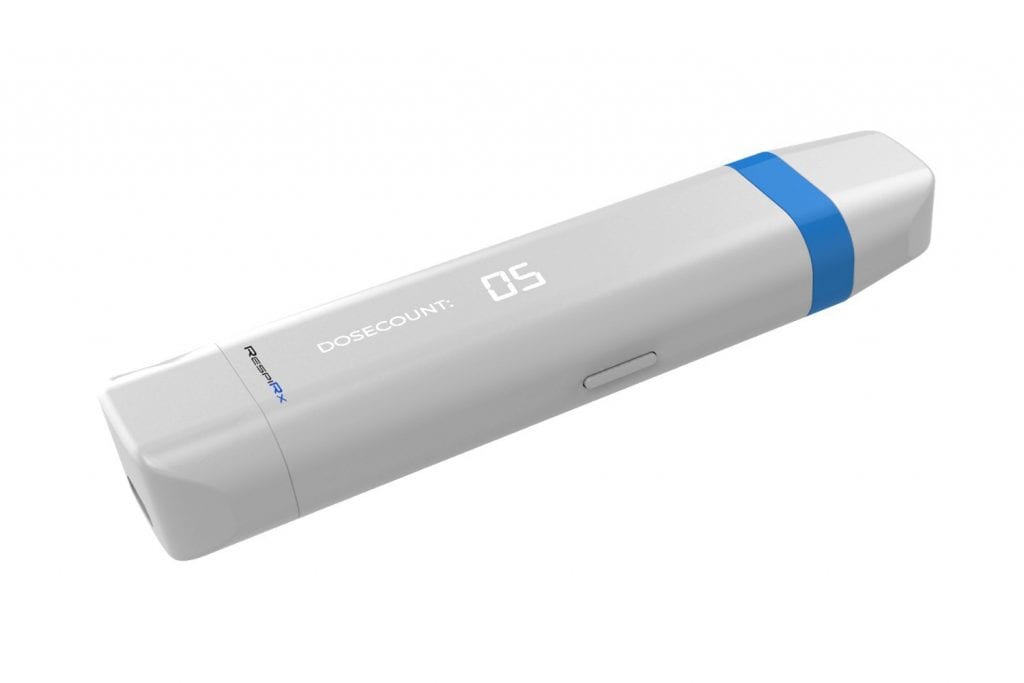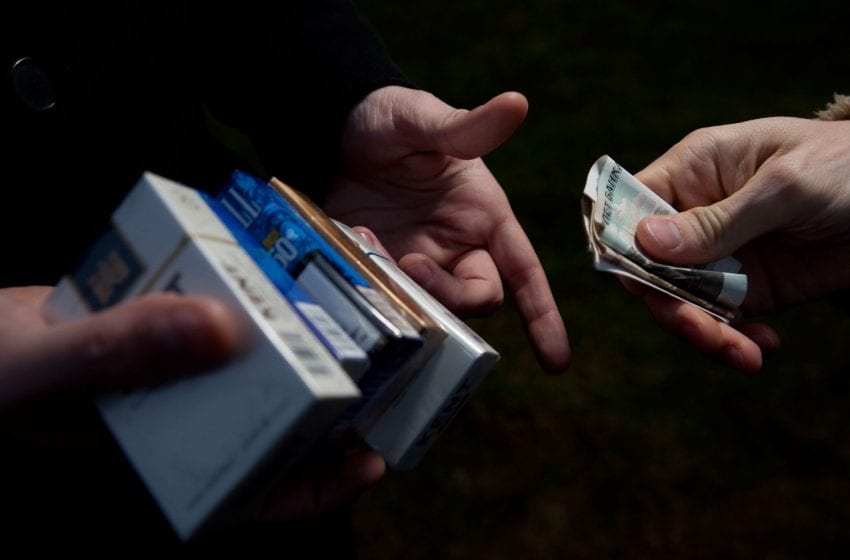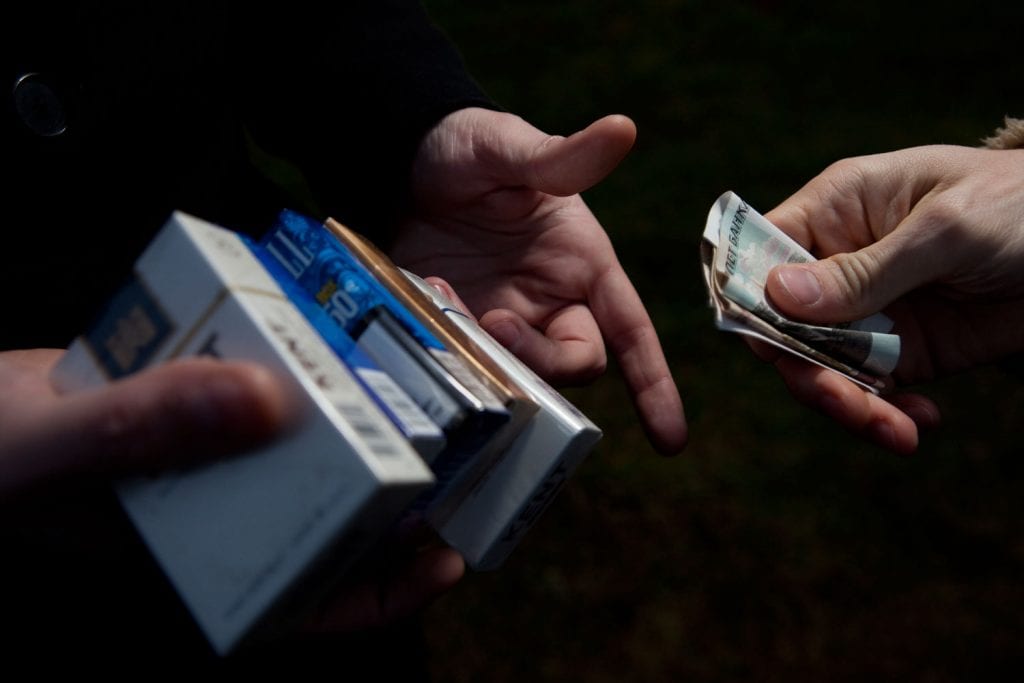E-Alternative Solutions (EAS) has submitted premarket tobacco product applications (PMTAs) to the U.S. Food and Drug Administration (FDA) seeking authorization for the marketing and sale of its portfolio of Leap and Leap Go vapor products.
“We are pleased to take this important step in demonstrating our commitment to the vapor industry, retailers and adult smokers seeking an alternative to combustible cigarette smoking with our Leap and Leap Go vapor products,” said Jacopo D’Alessandris, president and CEO of EAS.
“At EAS, we have always held ourselves to high standards, from supplying adult consumers with products they can trust to consistently following ethical marketing practices. We are confident in the strong merits of our PMTAs and want to thank our compliance and research teams for developing and delivering thorough submissions.”
According to EAS, the PMTAs plays support the proposition that Leap and Leap Go vapor products are appropriate for the protection of public health. “The collective 75,000-plus-page PMTA submissions for Leap and Leap Go are the result of months of hard work and investigation that included an assessment of the stability of the products over time, toxicological formula reviews, toxicology testing, an assessment of abuse liability, label comprehension studies and behavioral studies,” the company wrote in a statement.
In addition, EAS undertook an extensive review of available literature on vapor products related to health effects, behavioral factors and toxicological end points. Further, an exacting risk assessment was conducted across many areas of potential risk for Leap and Leap Go products.
“Our PMTA submissions provide a robust analysis of the Leap and Leap Go products that will enable [the] FDA to conclude these products are appropriate for the protection of public health,” said Chris Howard, vice president, general counsel and chief compliance officer at EAS. “The PMTA process sets a high bar and holds companies accountable, ensuring vapor product manufacturers follow the rules and act in good faith. Looking ahead, a robust collaboration with [the] FDA will help build a strong future for both the vapor industry and adult consumers.”
